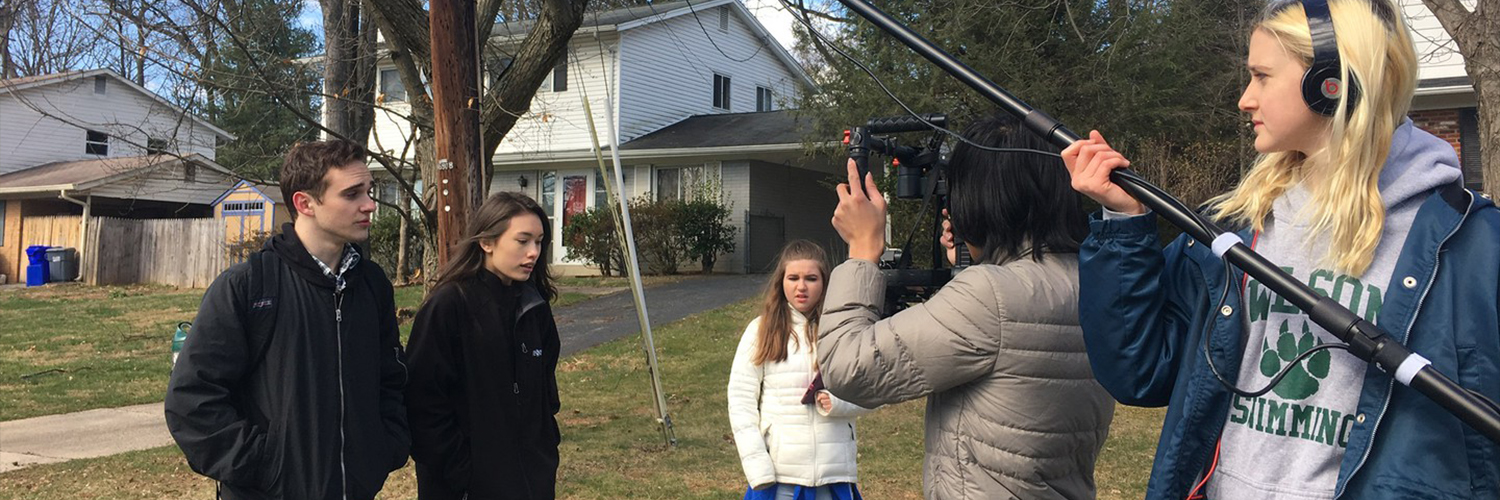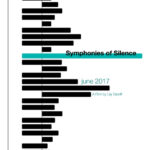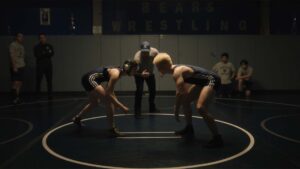Symphonies of Silence


SYMPHONIES OF SILENCE is a short film drama about Natasha, a teenage girl affected by Usher’s Syndrome, and Troy, a teen boy who appears to give her emotional support as she prepares for a piano recital. This is a disease that results in hearing loss, and most often develops in teenagers.
Devastated by this loss, she feels as if her life is falling apart and that she needs his friendship in order to succeed. He is her first love, and his friendship helps to encourage her and gives her the strength she depends on as she faces this huge loss in her life. But his friendship is not as it seems. When he exploits her due to his own self-serving interests in becoming a journalist, she must find the inner strength to still believe in herself and her abilities as a musician, even when she has been abandoned by her best friend. She learns to depend on her own abilities and performs in front of a live audience, despite the adversity of losing both her hearing, and her most trusted friend.
I related strongly to this film because I have recently experienced the loss of a best friend, and a huge betrayal in my own life. Sometimes people and the terrible things we can do to one another can destroy you, and your ability to believe in yourself and others can be shattered. This film depicts the sad and painful cruelty that our choices sometimes cause to others, and how we must be able to depend on ourselves to somehow recover.
The music and sound design throughout the film were effective and helped to convey the panic, fear, and devastation that our lead character faced as her hearing slowly slipped away. Appropriately, Beethoven – who also lost his hearing due to a degenerative hearing loss disorder – was used effectively throughout the film. Moonlight Sonata, also composed by Beethoven, is a well known piece that is sure to be enjoyed by viewers, and was an excellent selection for this short film.
The film I watched was not yet finished, and needed sound design and other refinements. It was an offline version that was still in various stages of editing, but the story and production values present successfully conveyed a story nonetheless. Performances by the Natasha and Troy characters showed promise and I hope they will continue with their acting classes. Lily Daroff, the director, showed an ability to work with actors and tell a story through cinema, and I encourage her to continue making films so that she can learn even more with each one.
When a figure skating falls in the middle of a performance, we all gasp and feel empathy for them. All that hard work, their hope and dreams, can come crashing down in a second. For Natasha, this happens when she crosses the stage, starts to play, and mid-song, her hearing disappears. But like a figure skater who has fallen and gets back up, Natasha continues to play despite having just heard her very last note of music. This character is an inspiration to us all.




